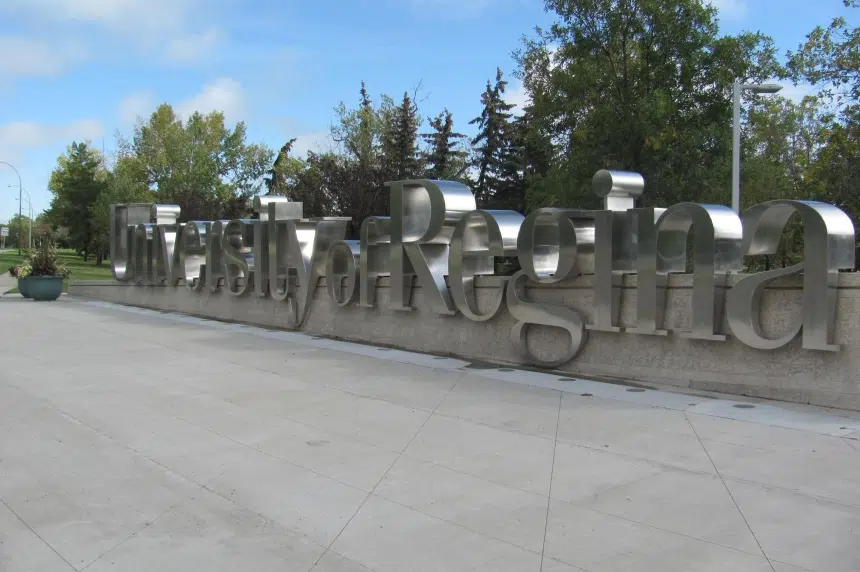Tuition at the University of Regina is getting more expensive.
The board of governors has approved its 2018-19 budget which included a 2.8 per cent increase in tuition and fees. That translates, on average, to another $200 a year for students according to vice-president of administration Dave Button.
“We’ve got to provide the services that students need and this is part of the cost of an increasing enrolment and increasing expense of running the university and providing good services to the students,” he reasoned as to why.
More students than ever are attending the U of R this school year, with record enrolment at more than 15,000. That’s growth of 2.9 per cent over last year. The university said it also anticipates more growth in the coming school year.
Button said that growing student body helps with revenue but it also costs more as well.
“Increased enrolment that comes each year helps the bottom line — it’s actually additional revenue — but with every increase in enrolment that means that there’s more classes, we need more support services.”
He explained the university has found a number of areas in which to save money in. The Lab Building has been rejuvenated which will result in energy savings of more than $450,000. He said they’ve also saved around what he called “print optimization,” or reducing the number of printers around campus. That is saving more than $400,000 a year as well.
The university previously announced the elimination of wrestling and men’s volleyball, which is expected to save up to $500,000.
However, Button noted that one-third of all revenue collected as part of tuition is given back to students through scholarships and bursaries.
Student union reacts
Haris Khan, the president of the U of R students’ union, said any kind of increase in tuition can be detrimental.
“It may sound like a reasonable amount, but not for students when they are working on minimum wage or they don’t have enough part-time jobs,” he said.
Khan also pointed out how international students pay three times more on tuition than domestic students.
While he said he understands the administration has a tough job, raising tuition year after year is not the answer. Instead, he’d like to see the university advocate for more grants. As well, Khan said the provincial government should invest more in education since it can be looked at as the future of Saskatchewan.
“Tuition increase should be the extremely last resort for the university to balance the budget.”
He also said the university should be adding sports teams, not cutting them.







